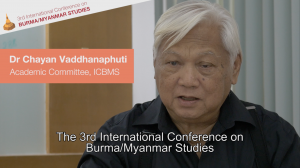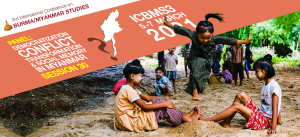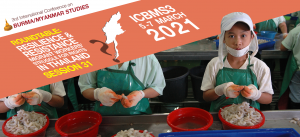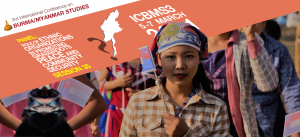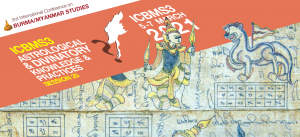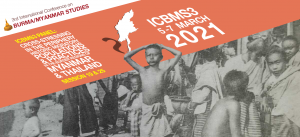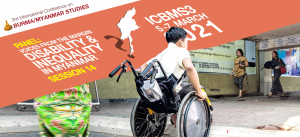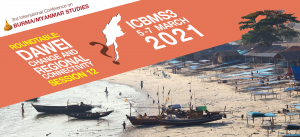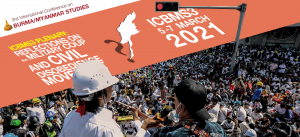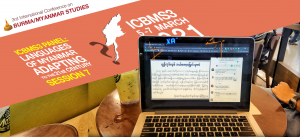ICBMS Statement on Military Takeover of Myanmar Universities
Dr Chayan Vaddhanaphuti from the ICBMS academic committee with a statement on the recent entrance into and takeover of university campuses (as well as hospitals) by the security forces of Myanmar, nationwide. "It pains us deeply to see the work, progress, and freedoms of our academic friends and colleagues being destroyed by the actions of the military" How you can help: Visit Mutual Aid Myanmar at their website www.mutualaidmyanmar.org to make a contribution that will go directly to help people on strike and participating in the civil disobedience movement (CDM) For those in Thailand: สามารถบริจาคผ่านเพจ Friends Against Dictatorship - FAD หรือโอนโดยตรงที่บัญชี กสิกร 091-8-54057-1


